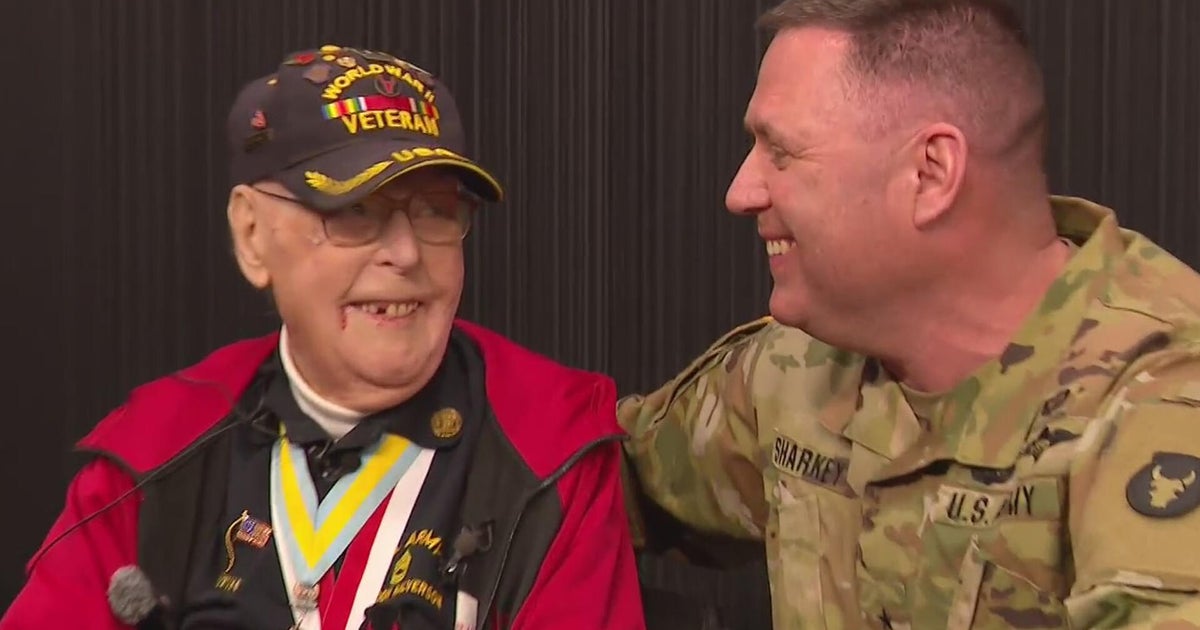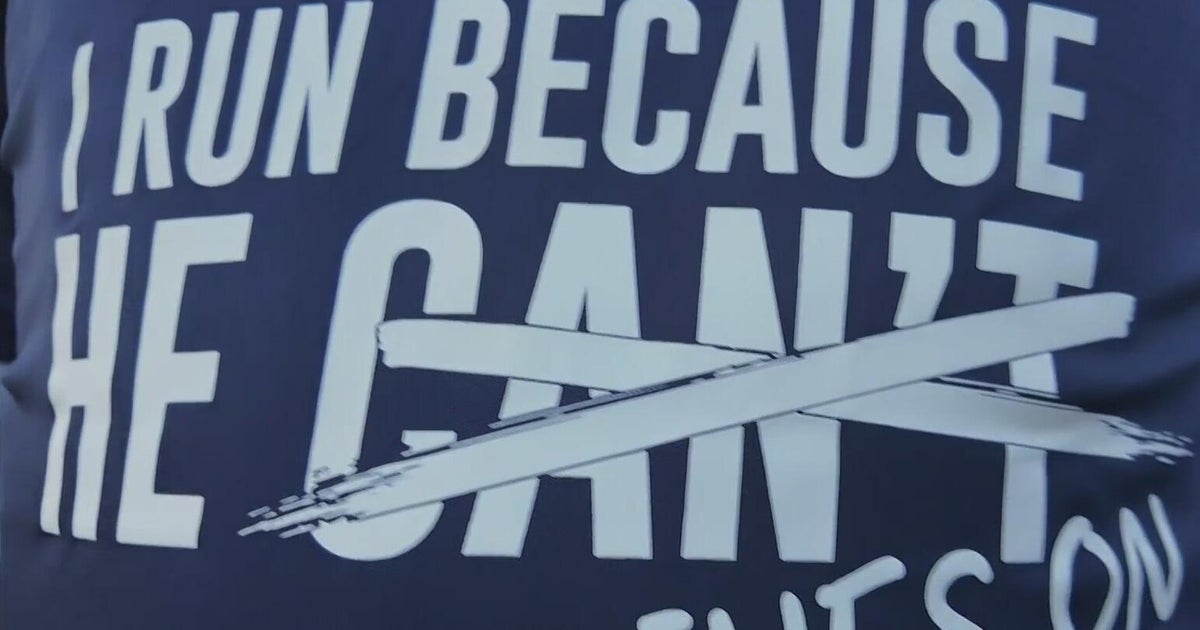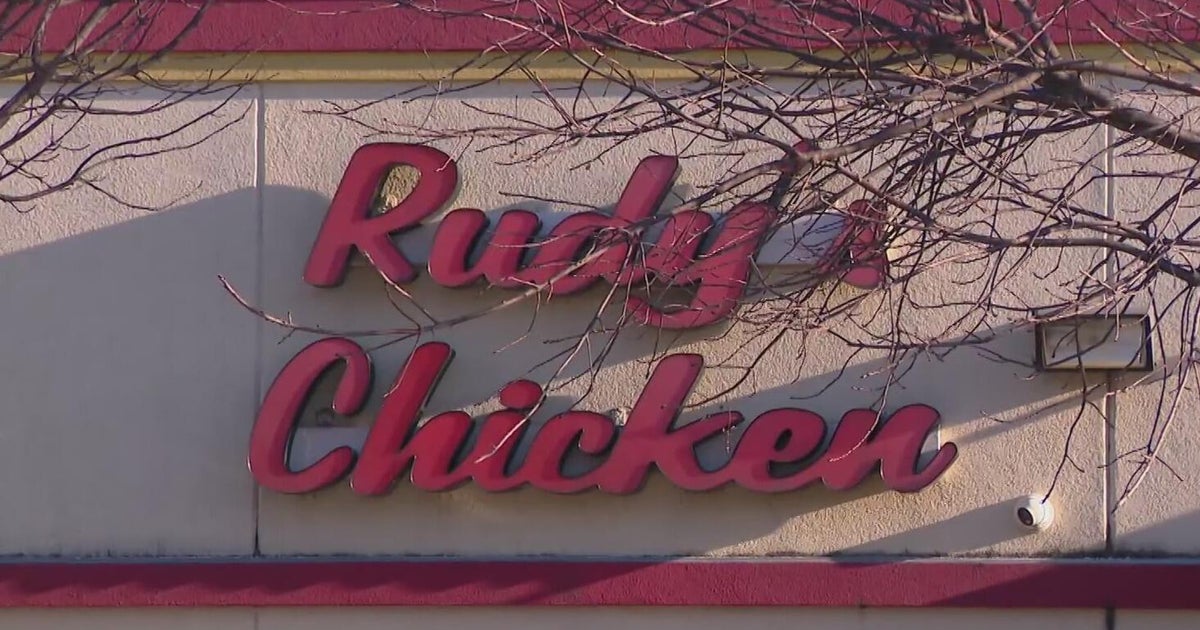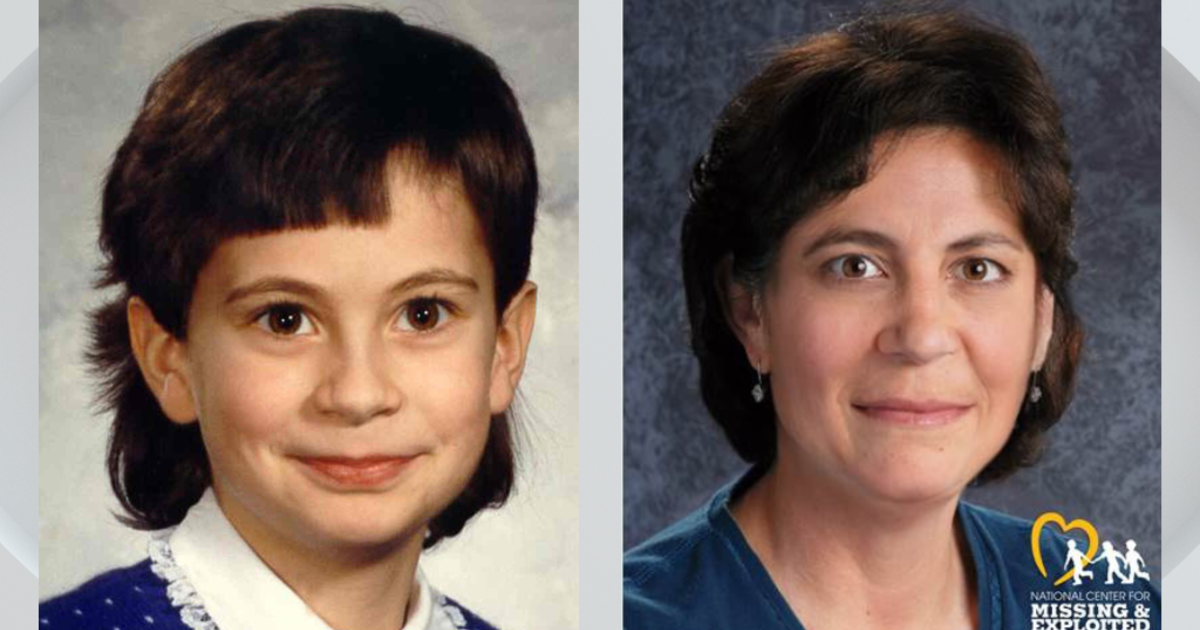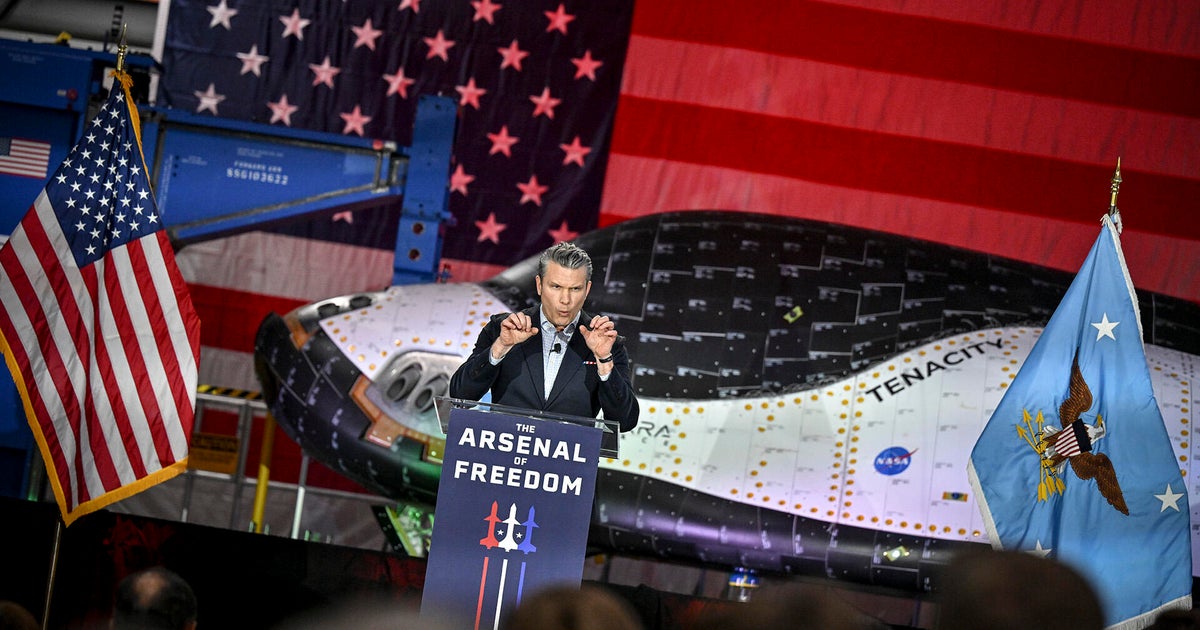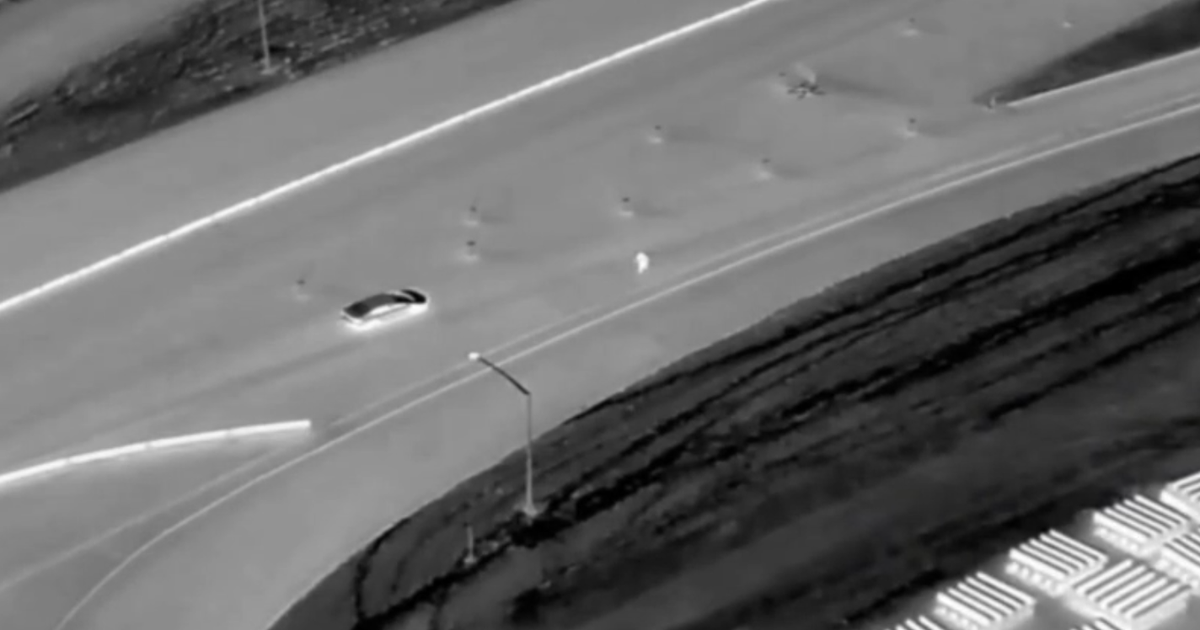Missing For 66 Years, Korean War Soldier Buried With Full Honors
MINNEAPOLIS (WCCO) -- Among the many monuments at Fort Snelling National Cemetery is a marble marker to America's Korean War veterans.
There were 7,740 soldiers killed in action and reported missing, never returned to families back home for burial.
For the Minneapolis family of Army Pfc. Charles Carmen Follese, war's long, painful news stretched on for decades.
"They never really much talked about it. They kept it to themselves because it left such an emotional, gaping hole for them," said nephew Michael Follese.
It is a hole that only recently was filled by unexpected hope. With old glory waving under blue skies and July's warm breeze, a motorcade bearing the casket of Charles Follese brought him home.
"There's probably a great sense of relief from the family," said Minnesota National Guard Brigadier General Jon Jensen.
In November 1950, Follese's family in Minneapolis tragically learned that he was killed in the Korean War. He was a member of Company C, 3rd Battalion, 187th Airborne Infantry Regiment, and was ambushed while retrieving other dead soldiers.
Since the ambush occurred north of the 38th parallel, in hostile North Korean territory, his body was never retrieved.
But beginning in 1990, the North Korean government began returning the remains of some 400 U.S. service members.
It took time, but with advances in DNA technology, Follese's remains were finally positively identified last December.
Jensen was part of the honor guard detail at Fort Snelling.
"It's important that as a nation and as a service to the U.S. Army that we pause and show the correct respect to a fallen comrade who's being returned home," Jensen said.
An Army honor guard would carefully fold the flag covering the casket. Brig. Gen. Jensen had the honor of presenting it to Follese's older brother, Sigmund.
Then, the volley of 21 rifle shots and the cry of "Taps" would give this former U.S. Army M.I.A. soldier his long-overdue tribute.
"[We knew] Charles was in the Army, Charles was in Korea. But we never quite got the full details of what actually occurred," Michael Follese said.
But after nearly 67 years, this tragedy of war is a mystery no more.
Charles Follese's remains are now buried among the expanse of marble markers inside of a national cemetery where our nation's bravest have the honor and dignity of eternal rest in their native soil.
